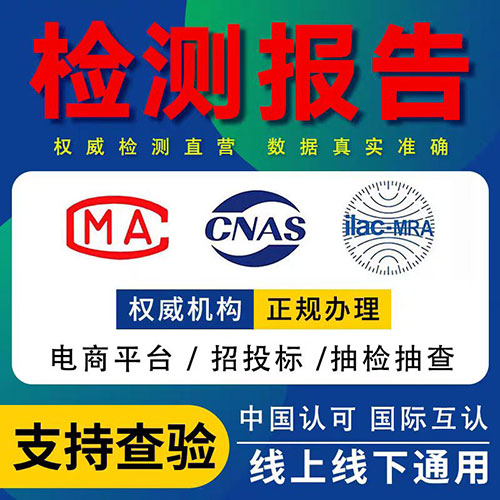符合RoHs的英文缩写
Understanding RoHS: What is it and Why is it Important?
As an SEO editor, it is essential to know the significance of RoHS when writing articles related to it. RoHS stands for Restriction of Hazardous Substances, which is an EU directive that restricts the use of certain hazardous substances in electrical and electronic equipment. The directive aims to protect human health and the environment by reducing the amount of harmful chemicals that end up in landfills.
What Substances are Restricted?
RoHS restricts the use of six substances, including lead, mercury, cadmium, hexavalent chromium, polybrominated biphenyls (PBB), and polybrominated diphenyl ethers (PBDE). These substances can cause harm to human health and the environment during the manufacturing, use, and disposal of electronics.
Who is Affected by RoHS?
RoHS applies to all electrical and electronic equipment sold in the EU. It includes products such as computers, televisions, mobile phones, and household appliances. The directive also applies to components used in the manufacturing of these products. Manufacturers, importers, distributors, and retailers of electronic products in the EU must comply with RoHS.
Benefits of RoHS Compliance
Complying with RoHS provides numerous benefits for businesses and the environment. RoHS-compliant products are safer for consumers, as they do not contain harmful substances that can cause health problems. Compliance with RoHS also reduces the environmental impact of electronics, as hazardous substances are minimized or eliminated, making them easier to recycle.
Challenges to RoHS Compliance
While RoHS compliance is essential to protecting human health and the environment, it is not always easy to achieve. Manufacturers and suppliers face challenges in sourcing materials that are free from restricted substances. In some cases, alternative materials may be more expensive or difficult to obtain, leading to decreased profit margins or delayed product launches.
The Future of RoHS
RoHS has been successful in reducing the amount of hazardous substances in electronics. However, as technology evolves and new electronic products emerge, more substances may need to be restricted. The EU continues to review and update RoHS to ensure the directive remains relevant and effective.
Conclusion
RoHS is an important directive that regulates the use of hazardous substances in electronics. By complying with RoHS, businesses can protect human health and the environment while also benefiting from safer, more sustainable products. Despite the challenges of RoHS compliance, the directive remains a crucial tool in reducing the environmental impact of electronics and promoting public health.

 专属客服微信
专属客服微信
 185-2658-5246
185-2658-5246 有样品要送检?试试一键送检,15分钟极速响应
有样品要送检?试试一键送检,15分钟极速响应



